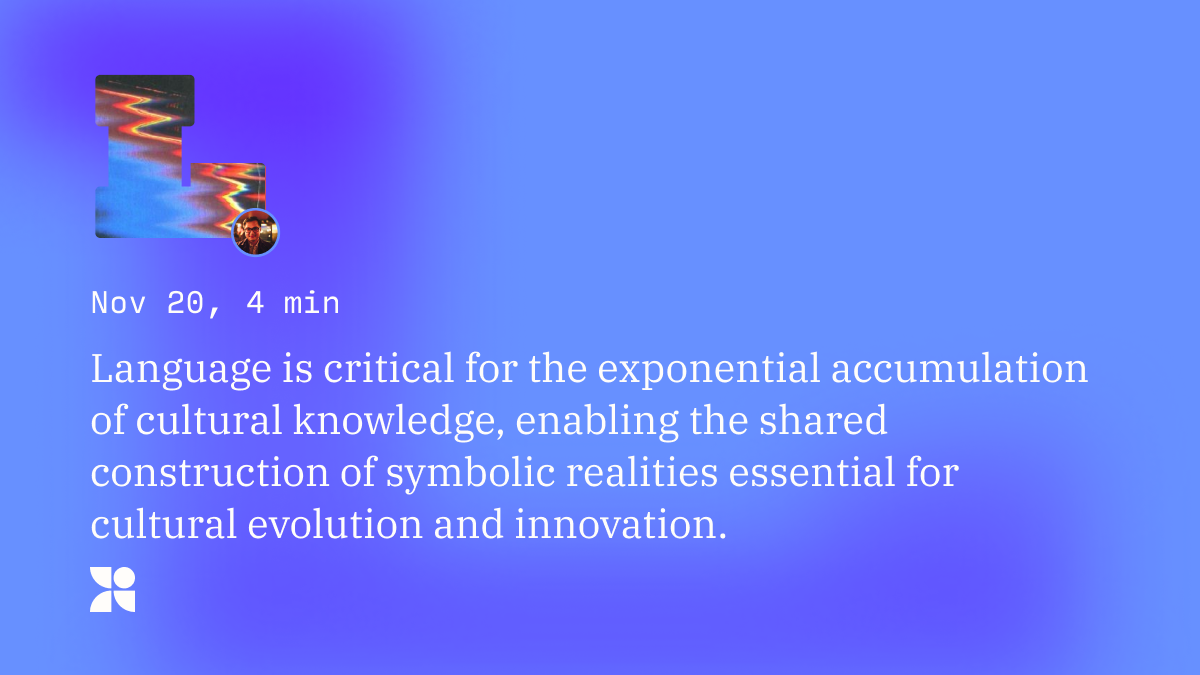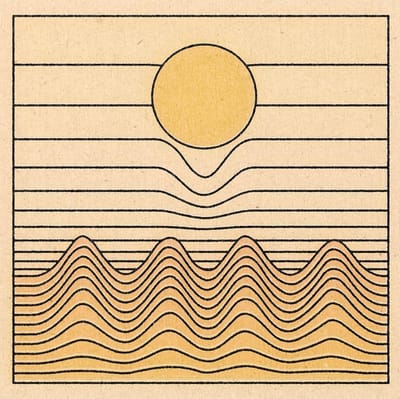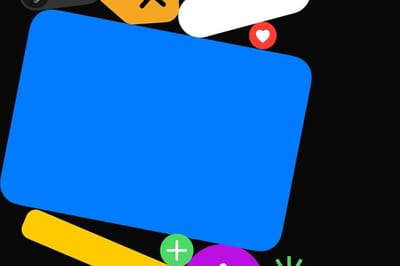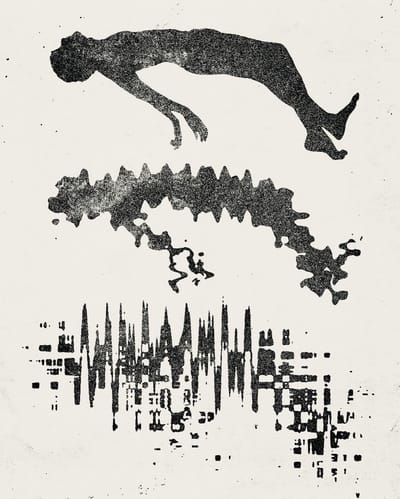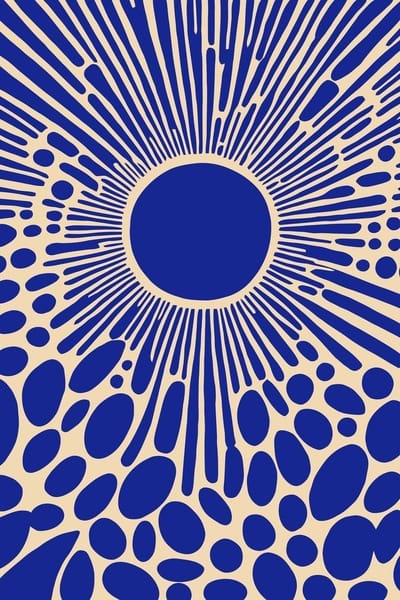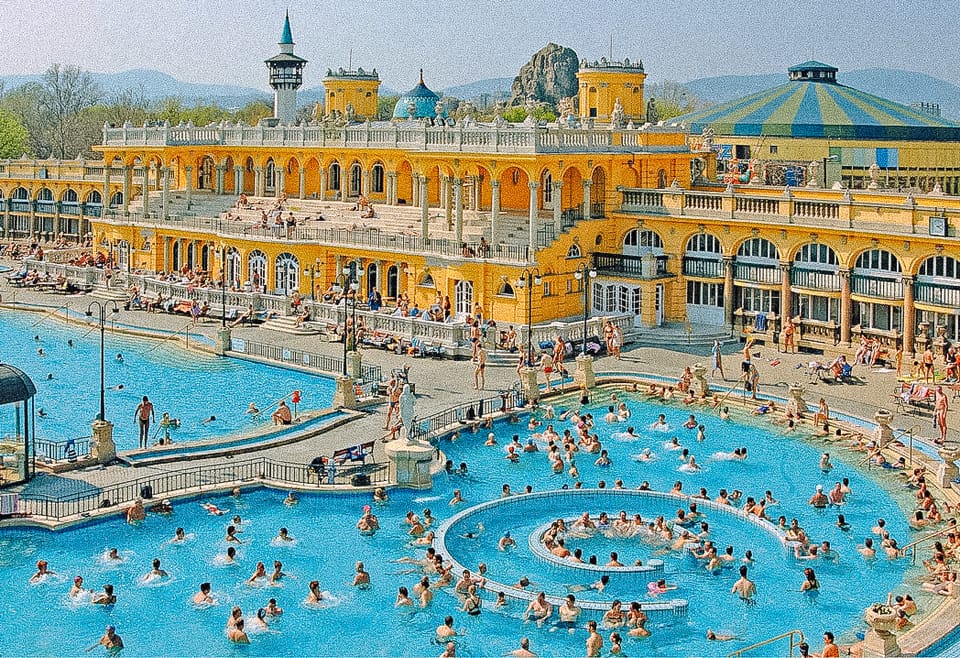
There are several quotes rumbling around in my head recently. The first one is something Mark, my co-founder, says all the time:
"Social media is the water in which we swim." - Mark Coatney
"Why do you keep saying that?" I'd ask.
"Because it's true," he'd say. "It's just something we all deal with." That's when we'll nod. If I had one of those awesome sifu beards from kung fu movies, I'd stroke it a few times.
"Doesn't mean we have to enjoy it," I'd clapback.
"Exactly."
Mark's a smart dude. This exchange? We've had hundreds with each other, friends, family, and colleagues. Everyone intimately knows, and more often than not, feels this problem. We're up to our necks in it every day.
Here's the thing.
The water in which we swim is toxic.
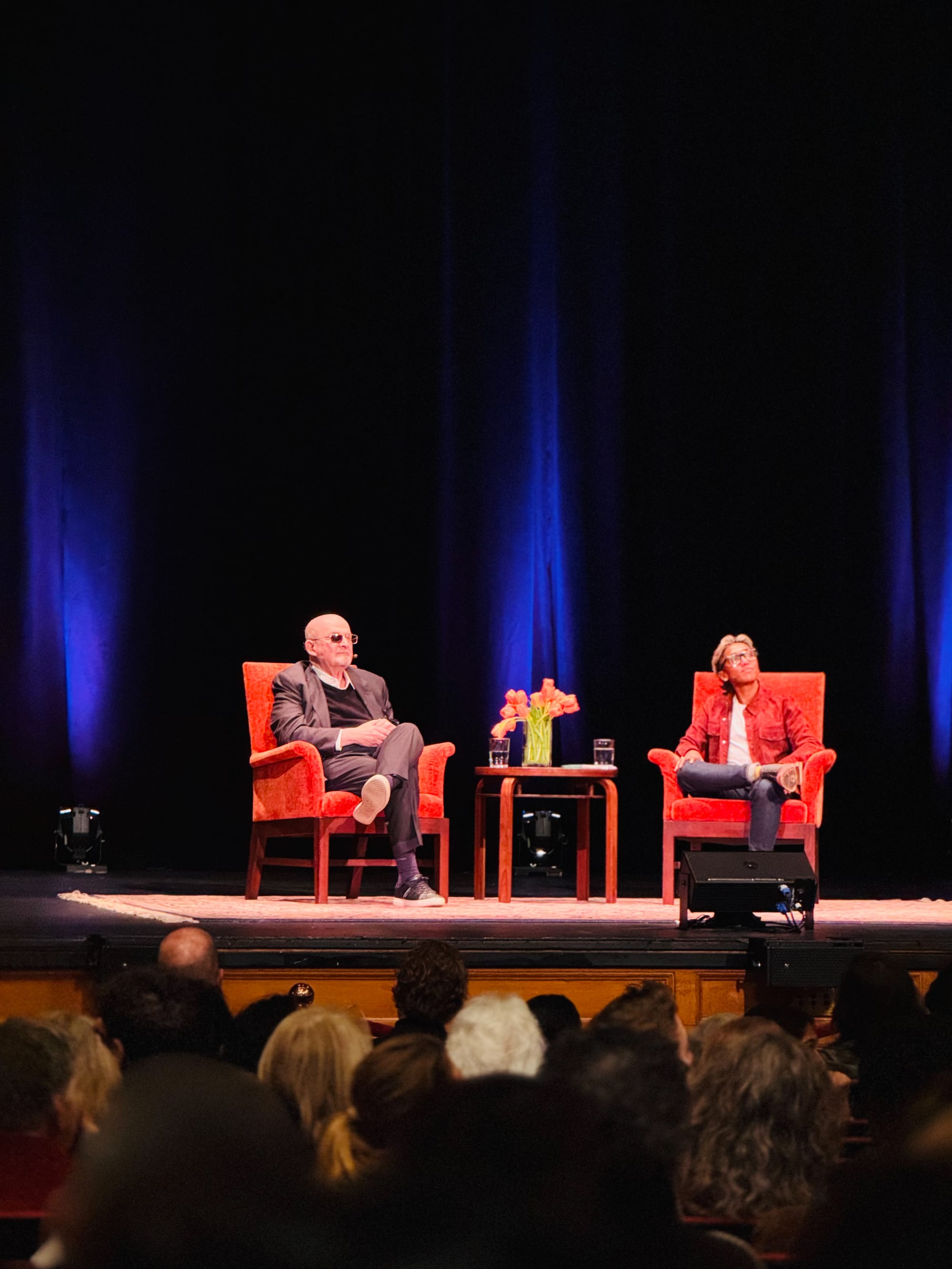

Salman Rushdie in San Francisco and the Taj Hotel overlooking the Arabian Sea in Mumbai
I recently listened to Salman Rushdie speak at the City Arts lecture series here in San Francisco. I love Mr. Rushdie's writings, and his command of the English language makes me weep silently every time I read one of his books. Like literally, I cry a little because I always think, "There's no way I can stack this many literary devices on top of one another and still make things make sense. The guy is a master." So jealous.
There were two moments during the talk that made me clap.
The first one was when he went off on a tangent about the city of Mumbai. "I don't call it that," he said. He talked about how he keeps coming back to his childhood setting to mine stories, but when it comes to the name of the city, he still calls it by its old name, "Bombay". It was the current governing Hindu-nationalist party that changed the name to Mumbai, and in the process created a myth about the city being associated with the Hindu goddess Mumba Devi. On the surface, there's clearly a linguistic connection between the two.
"But it's simply not true," Rushdie snorted on stage. This is when he really got into it. "Totally fabricated. Made up. False."
In fact, Mumbai was a city created by the British from a Portuguese colony. And the Portuguese named it very literally "Bom Bahia" or "Bombaim" which means good or pleasant bay. Because the city had a beautiful and wide bay perfect for ships and trade.
Who gets to tell your stories? I'm not sure if Mr Rushdie said these words on stage, but I heard them in my mind. How can we get trusted information, in this age when it seems like the loudest and most extreme voices get the mic?
"This is not uncommon," Salman continued. "You can see it elsewhere, with cities liked Saigon renamed as Ho Chi Minh - when nobody calls it that but the mapmakers."
This is when I clapped.
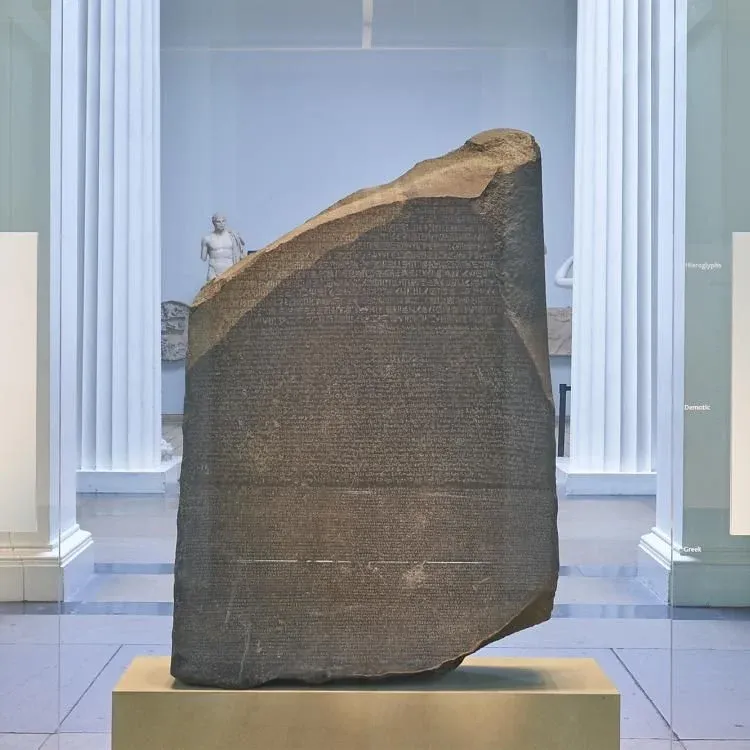

Language as progress with the Rosetta stone and retreat with banned books
The second moment happened towards the end of the talk, during the Q&A session. There was a 7th grader in the audience who piped up and asked, "What are your thoughts on censorship and what can we do to fight it?"
I think Rushdie has answered this question in many ways – certainly, many of his books are ruminations on the topic of free speech. After going through the ways in which the audience can "fight by fighting", specifically supporting PEN America and the ACLU, Rushdie said something that made me clap, because it was a truth, a self-evident and a natural law that once realized, continues to burrow deep inside my waking thoughts. It goes something like this (I'm paraphrasing):
Why is fighting censorship important? Because language, the ability to tell stories and share information, language is what makes humans one of the most unique animals on earth. Only humans have such a rich vocabulary to express ourselves and to talk about the world. And making sure we have the freedom to exercise this ability is one of the most important things to hold dear. - Salman Rushdie
Clap clap clap. Oh, and I definitely heard it that way in my head – the man is much more eloquent.
Here's another quote from a smart dude about how smart we are.
"The truly unique feature of our language is not its ability to transmit information about men and lions. Rather, it’s the ability to transmit information about things that do not exist at all. As far as we know, only Sapiens can talk about entire kinds of entities that they have never seen, touched or smelled." - Yuval Noah Harari
Here's the quote from a Harvard professor (expert) on human evolution:
"Language is the most important evolutionary invention of the last few million years. It was an adaptation that helped our species to exchange information, make plans, express new ideas and totally change the appearance of the planet." - M. A. Nowak
How will our stories get told?
I'll bring all this together.
The water is toxic because it corrodes the very best thing about being human, the thing that has allowed us to build cities and launch rockets and set up democracies and cure polio. Social media has made language a bitter thing. It has turned communication, the thing that we use to collaborate and entertain and tell stories and make myths, into superficial, mindless feeds.
Tap. Flick. Tap. Ugh, I want to turn this off.
Our online interactions are trigger points for outrage, anxiety and personal attacks. We are divided more than ever.
None of this is news to those of us who are online. Every single person we talked to when we started Rover told us the same frustrations, but heartbreakingly in so many different and personal ways. Too much content. Too much fake news. Too many triggers. There's no connection anymore, just performances. Too toxic.
Who will tell our stories? How will those stories be told? When do we reclaim the spaces so that our conversations are fun and joyful again?
Here's a fun audio brief I made on Rover for history nerds (like me) that speaks to our language capabilities:
Subscribe for the latest updates.


